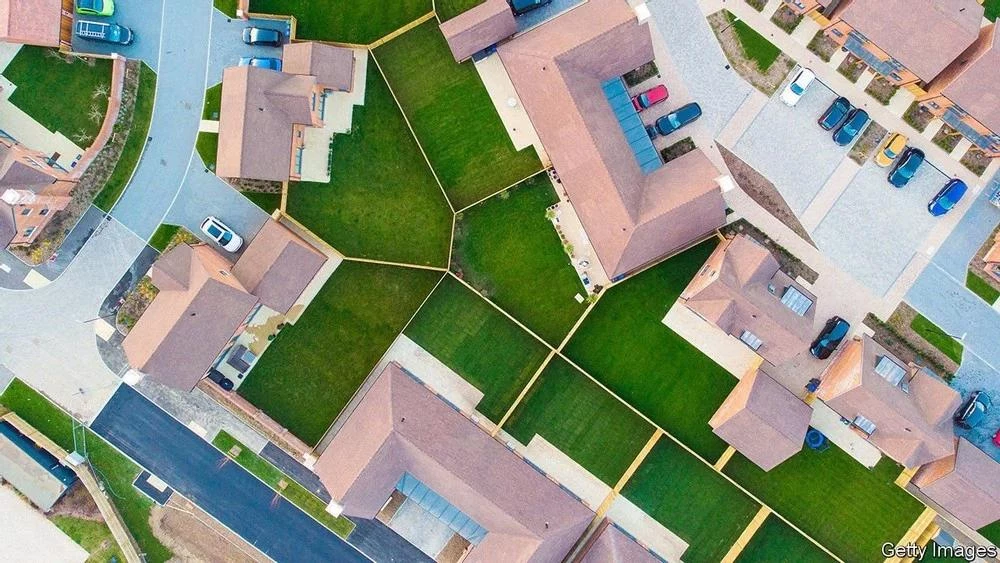
On a sunny afternoon in Kingsmere, a new suburb of Bicester, a town 50 miles (80km) north of London, the streets are abuzz with people strolling and children playing. In ten years 1,600 homes have been built on the site, and another 900 are soon to follow. In the sales office for Bovis Homes, Flip Baglee says she has “never known it to be so busy”. Sentiment in Rhinebeck, a village 80 miles north of New York City, is similarly buoyant. Many of the properties advertised in the window of Gary DiMauro Real Estate—from mansions to cottages—are already taken.
American house prices rose by 11% in the year to January, the fastest pace for 15 years. Those in Britain increased by 8% last year, and in Germany by 9%. The pattern is seen in much of the rich world. Across the 25 countries tracked by The Economist, real house prices have risen by an average of 5% in the latest 12-month period. Only in Japan have they fallen.
In many countries rises have been rapid enough to attract the attention of politicians and central bankers. In a break with the pattern of the past decade it is prices in less populated, but still commutable, places, rather than city centres, that are rising most. Covid-19 seems to have set off a quest for space that could outlast the pandemic...
The Economist: House prices in the rich world are booming


